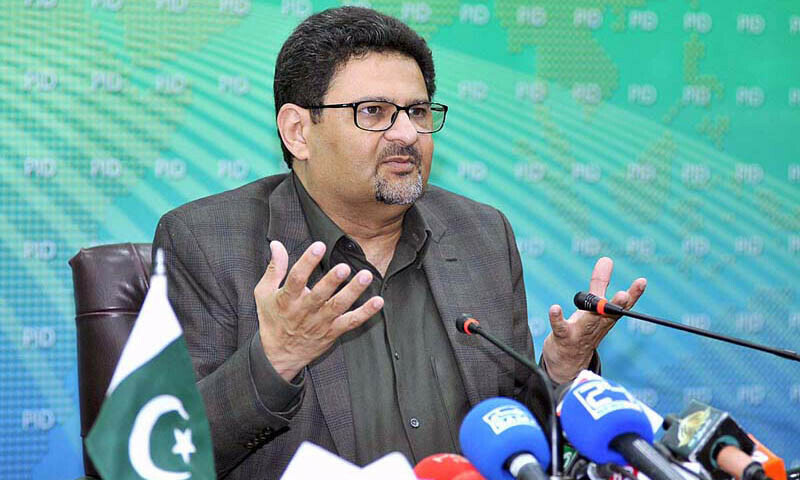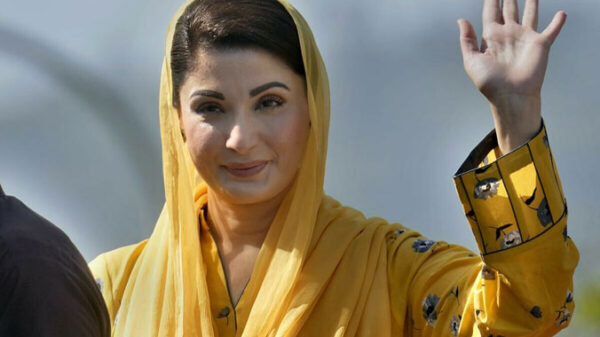Former finance minister Miftah Ismail recently emphasized that in Pakistan, every sector, including defense and railways, is considered untouchable—a “sacred cow” in budgetary terms. He suggested that what the country needs is a bold decision-maker, metaphorically described as a “butcher,” to challenge these entrenched interests.
Speaking on a program “Spotlight with Munizae Jahangir,” Ismail highlighted his previous tenure as finance minister, particularly during critical negotiations with the International Monetary Fund (IMF) amid economic challenges.
He criticized the recently approved Fiscal Year 2024-25 budget for its failure to address these sacred cows, despite ambitious goals set by Finance Minister Muhammad Aurangzeb. The budget includes increased taxes on the salaried class, raising rates from 2.5% to 5% for those earning between Rs600,000 to Rs1,200,000 annually.
Ismail pointed out that provinces often do not tax sectors like agriculture and property, due to influential individuals within provincial chambers.
Regarding defense spending, Ismail noted an increase from Rs1,500 billion to over Rs2,000 billion in recent fiscal years. He, along with former Prime Minister Shahid Khaqan Abbasi, plans to launch the Awaam Pakistan party on July 5 after parting ways with the PML-N over policy shifts.
The party aims to provide equal opportunities regardless of gender, caste, or religion, focusing on education, health, basic income, and employment after graduation. Ismail also criticized excessive allocations for provincial projects, stating that every MPA in Punjab has been allotted Rs1 billion for local initiatives.
On fiscal matters, Ismail highlighted concerns about government expenditures, particularly regarding the Prime Minister’s salary and the Public Sector Development Program’s (PSDP) substantial funding.
He also raised issues concerning pension reforms, emphasizing inefficiencies in the current system and potential future fiscal strains. Ismail criticized the government’s handling of tax laws, clarifying details regarding specific tax provisions.
Regarding economic policy, Ismail criticized the limited scope given to Finance Minister Aurangzeb to implement reforms, suggesting missed opportunities for revisiting the National Finance Commission award and provincial funding adjustments.
He accused the government of disregarding IMF recommendations regarding fiscal policies and expressed doubts about the sustainability of the current budget due to perceived anomalies.
Economic expert Khaqan Najeeb, appearing on the show via video link, echoed criticisms of the budget’s approach, citing concerns over expenditure control and the lack of substantive reforms.










